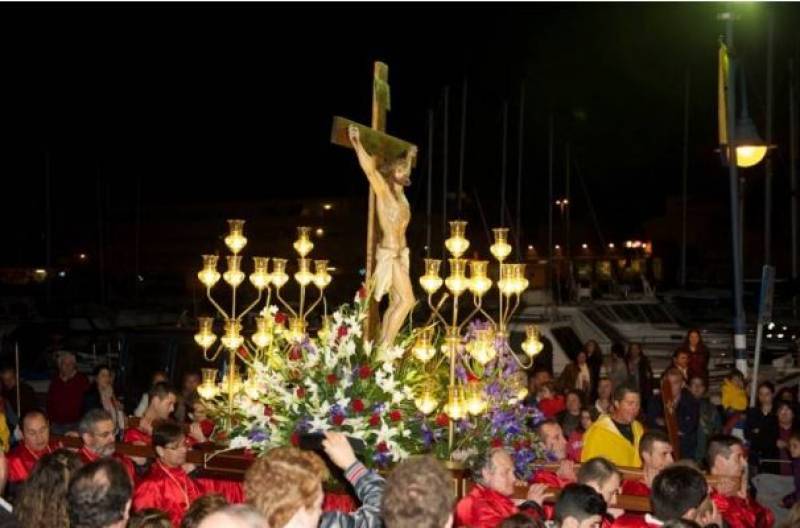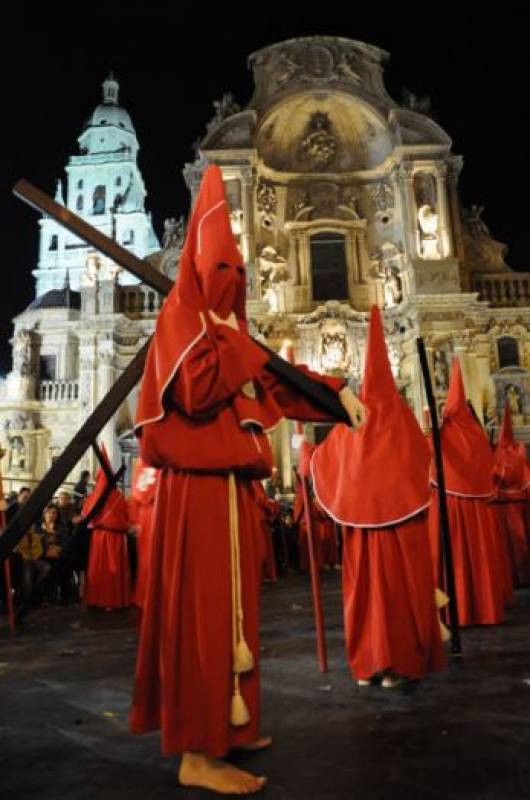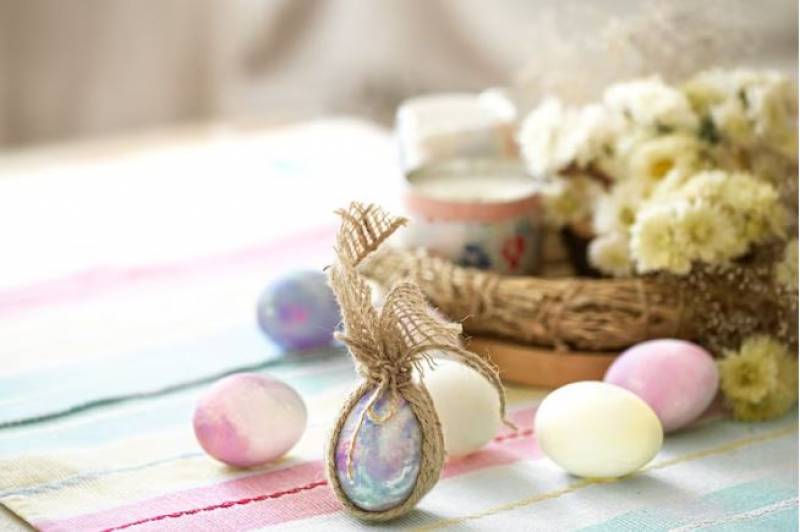
To be listed on the haciendadelalamo TODAY MAP please call +34 968 018 268.
article_detail
Semana Santa in Spain: How do the Spanish celebrate Easter?
Easter in Spain typically lasts a whole week and is full of colourful parades and religious ceremonies

Holy Week, or ‘Semana Santa’ as it is known in Spain, is the first major celebration of the year after the Three Kings in January and it is marked by several days of festivities, ranging from religious masses to extravagant processions. Easter typically runs for a week in most Spanish towns and cities and is considered a family time, when many people take time off work and return home for the break.
You won’t find the Easter Bunny or egg hunts for the kiddies during Semana Santa in Spain, or much chocolate at all for that matter, but this deeply religious country has plenty of traditional customs of its own that are a delight for all the senses.
The main dates for Easter in Spain
The exact dates of the Semana Santa Holy Week in Spain changes from year to year because it is calculated based on when the festivities of Ash Wednesday and Corpus Christi fall.
The date for Easter is determined every year by the Sunday following the first full moon that occurs on or after the spring equinox, sometime between March 22 and April 25.
Parades and processions: Spanish Easter traditions
There’s scarcely a town or city in Spain that doesn’t throw at least one parade during Holy Week and the streets are usually thronged with locals and returned relatives who turn out to witness the elaborate floats and marching bands.
What the processions all have in common is that participants carry life-sized statues of Jesus and the Virgin Mary, which begin on Palm Sunday and continue until Easter Sunday. On Good Friday there are also more formal processions in which a statue of Jesus is carried through the streets while people sing hymns.
Given that Easter celebrates the Passion, death and resurrection of Jesus of Nazareth, these processions also have a solemn air, with a team of mourners – usually women – dressed in black outfits and veils and carrying candles to symbolise the remembrance of the death of Christ.
 Another striking and somewhat surprising spectacle for foreigners is what people wear at Easter in Spain. Visitors to the country are often shocked at the clothes of the groups of religious brotherhoods, who take part in the parades in stunning silky costumes with pointed hoods. The garb tends to remind most people of certain unsavoury groups from the southern US in the '50s and '60s but the regalia is actually a sign of deep respect and represents the unique history of each brotherhood in Spain.
Another striking and somewhat surprising spectacle for foreigners is what people wear at Easter in Spain. Visitors to the country are often shocked at the clothes of the groups of religious brotherhoods, who take part in the parades in stunning silky costumes with pointed hoods. The garb tends to remind most people of certain unsavoury groups from the southern US in the '50s and '60s but the regalia is actually a sign of deep respect and represents the unique history of each brotherhood in Spain.Easter food in Spain
People often wonder, “Do the Spanish eat Easter eggs?” and “Are their egg hunts in Spain?”. Well, Easter eggs aren’t really a thing in Spain, although you’ll find plenty in all of the supermarkets to satisfy the tastes of expats.
But that doesn’t mean the Spanish miss out on their sweet treats. One of the most popular snacks at the dinner table is ‘torrijas’, a kind of French toast made by dipping bread in milk and eggs and frying it, before dousing the concoction in sugar and honey. Another similar tasty delight is a deep fried fritter known as ‘pestiños’, which is usually flavoured with anis and orange.
Mostly confined to Catalonia and Valencia, Easter cakes, or Monas de Pascua as they are locally known, are sweet bread cakes that can be filled with anything from cream to chocolate. These days they are even topped with Easter eggs or bunnies.
 Aside from the deserts, Holy Week is a time for family gatherings in Spain and there is usually an elaborate meal planned with all the relatives on Easter Sunday.
Aside from the deserts, Holy Week is a time for family gatherings in Spain and there is usually an elaborate meal planned with all the relatives on Easter Sunday.The meaning of Holy Week for the Spanish
Holy Week is a very important religious festival for the Spanish, since it is the time during which they commemorate the crucifixion and death of Jesus Christ. During this week, people often attend special masses, and many still fast or do penance. It is also customary to visit churches and cathedrals, and is considered one of the most important celebrations of the year for Spanish Catholics.
Images: Archive
Loading
Sign up for the Spanish News Today Editors Roundup Weekly Bulletin and get an email with all the week’s news straight to your inbox
Special offer: Subscribe now for 25% off (36.95 euros for 48 Bulletins)
OR
you can sign up to our FREE weekly roundup!
Read some of our recent bulletins:
Discount Special Offer subscription:
36.95€ for 48 Editor’s Weekly News Roundup bulletins!
Please CLICK THE BUTTON to subscribe.
(List price 3 months 12 Bulletins)
Read more stories from around Spain:
Contact Murcia Today: Editorial 000 000 000 /
Office 000 000 000





















